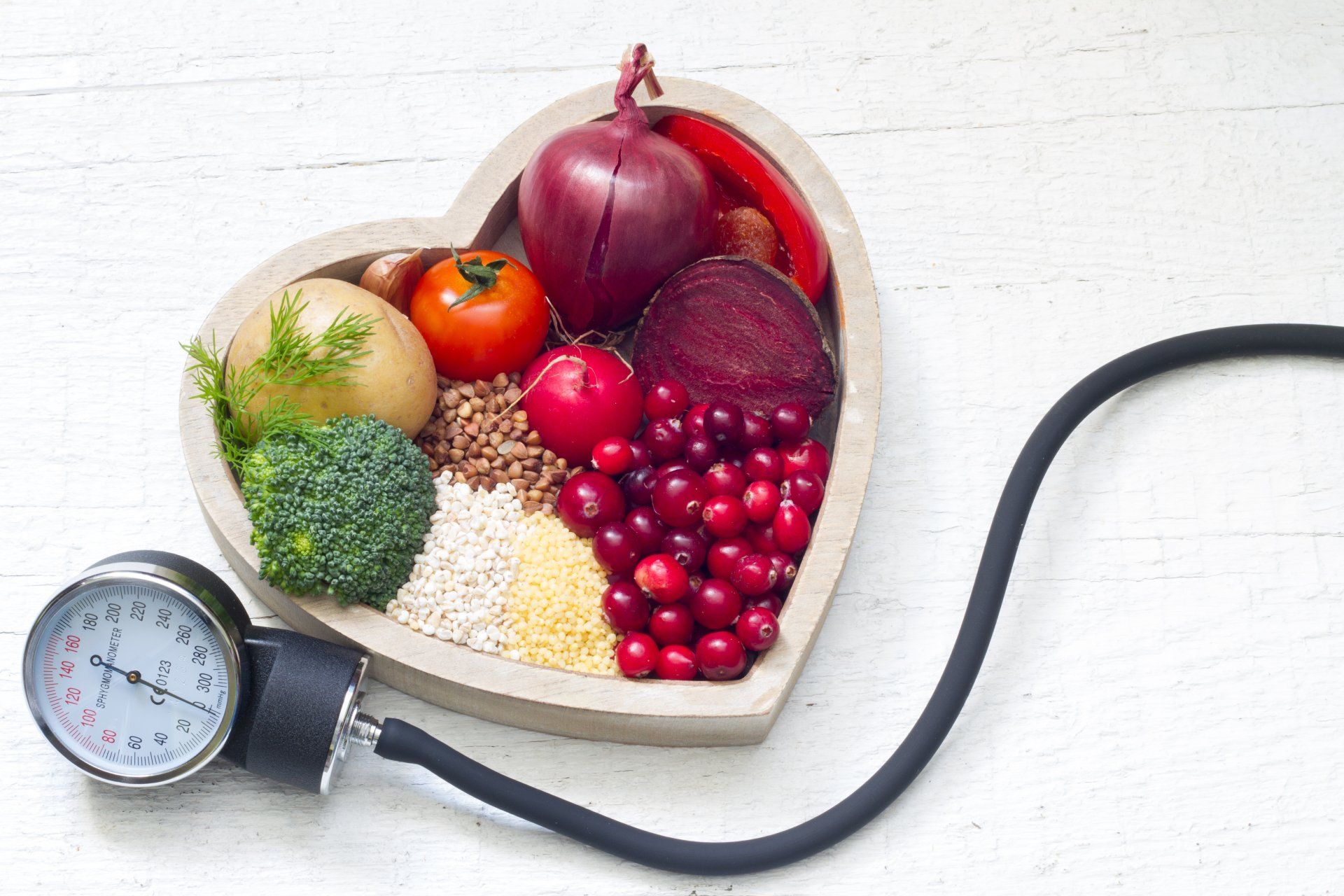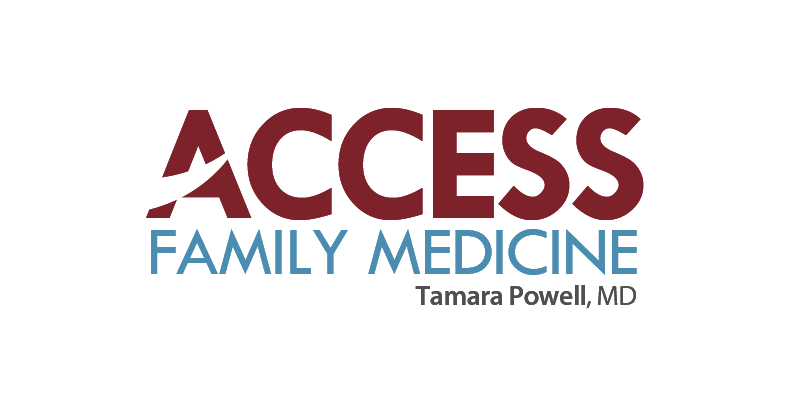Hello everyone!
As more people are now getting the vaccine (yay!), you may have heard of someone having side effects from the shot.
Yes, it's possible. No, not everyone does. Interestingly, the younger you are, the more likely you are to have the temporary side effects (mild fever, muscle aches, fatigue, nausea).
Here is a link to a video by ZDoggMD, who gives straight scientific
Be Aware: How to Spot a Vaccine Scam
Unfortunately, older adults and others who are awaiting vaccine appointments can fall prey to scammers. Though there have not been reports of this sort of scam happening in Oregon, Attorney General Ellen Rosenblum released information to help people avoid being the target of fraud regarding COVID-19 vaccines.
Here are six tips on how to spot a vaccine scam:
-You cannot pay to get early access to the vaccine. If someone calls to offer an appointment for a payment, it is a scam.
-Do not pay to sign up for the COVID-19 vaccine. Anyone who wants money to put you on a list, make an appointment for you, or reserve a spot in line is a scammer.
-Worried about cost? Insurance or not, you do not have to pay to get the vaccine. That is a scam.
-Ignore sales ads for the vaccine. The vaccine is only available through federal or state partners. You cannot buy it anywhere.
-Nobody legitimate will call, text or email about the vaccine and ask for your Social Security number, bank account information or credit card number.
-You are not required to provide a Social Security number when registering for a vaccine appointment.
Please share these tips with your friends and family, and if you know a senior who is not tech-savvy, offer to help them get an appointment for their vaccine — and then, help them find a way to get to the appointment.
If you have information, or think you may have fallen victim, to a fraud or scam contact the Oregon Department of Justice online at www.oregonconsumer.gov, or call the Attorney General’s Consumer Complaint Hotline at 877-877-9392.
What are we allowed to do after being fully vaccinated?
Here is info released today from the CDC (from the Unbiased Science Podcast, look for them on Facebook):
Today, the CDC released much-anticipated recommendations for fully vaccinated people. People are considered fully vaccinated for COVID-19 ≥2 weeks after they have received the second dose in a 2-dose series (Pfizer-BioNTech or Moderna), or ≥2 weeks after they have received a single-dose vaccine (J&J).
Questions have been raised by the general public as to the purpose of vaccinations if we can’t relax mitigation strategies; these recommendations demonstrate the power of vaccinations as the safe path to “normalcy.”
The CDC advises that fully vaccinated people (in non-healthcare settings) can:
1) Visit with other fully vaccinated people indoors without wearing masks or physical distancing.
2) Visit with unvaccinated people from a single household who are all at low risk for severe COVID-19 disease indoors without wearing masks or physical distancing.
3) Refrain from quarantine and testing following a known exposure if they remain asymptomatic. If symptomatic, vaccinated persons should isolate themselves, consult their healthcare provider, and consider getting tested.
It is important to note that fully vaccinated people should continue to take precautions such as mask-wearing and physical distancing in these instances:
· When in public.
· When visiting with unvaccinated people who are at increased risk for severe disease or who have an unvaccinated household member who is at increased risk.
· When visiting with unvaccinated people from multiple households.
It is advised that everyone, regardless of vaccination status, avoid medium- and large-sized gatherings, get tested if symptomatic, follow guidance issued by employers, and follow CDC and health department travel requirements.
Though the risk of disease may be minimal to the vaccinated person, there is still a risk of transmitting the virus to others if they become infected. While this is all very promising, this does not mean that we are through this pandemic—not by a longshot.
Premature relaxing of mask policies and preventive measures will set us back. Disease prevalence is being continuously monitored with close attention to variants that may impact vaccine efficacy, and we will continue to provide updates.
Source: https://www.cdc.gov/.../fully-vaccinated-guidance.html
Take care and please contact me with any questions!
Dr. Powell


